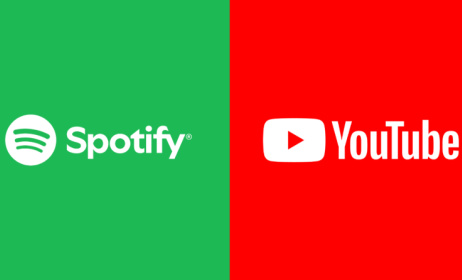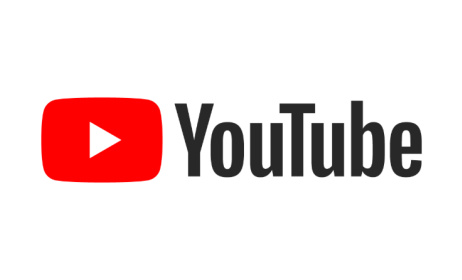European bodies want streaming controlled
The Confederation of Societies of Authors and Composers (CISAC) and the European Composer and Songwriter Alliance (ECSA) have appealed to the European Council to implement tough measures that forbid users to upload copyrighted content for streaming on sites such as YouTube and Facebook.
 Bulgarian Prime Minister Boyko Borissov.
Bulgarian Prime Minister Boyko Borissov.
In an open letter written to the Bulgarian Presidency of the Council of the EU led by Bulgarian Prime Minister Boyko Borissov, CISAC and ECSA, along with 21 other groups, are calling for compulsory licensing for user-uploaded content. The groups argue that companies which own audio and visual content do not generate any revenue when user uploaded content (UUC) sites such as YouTube, Facebook and Twitter distribute content.
“We represent musical, audio-visual, literary, visual authors; performers; book, press, musical, scientific, technical and medical publishers; recorded music, film and TV producers; football leagues; broadcasters; distributors and photo agencies,” the letter reads. “These are at the very heart of Europe’s creative sector.”
“We have formed an alliance to campaign for a solution to a major problem which is holding back our sector and jeopardising future sustainability – the transfer of value, otherwise known as the value gap.”
The call to action was triggered by the manner in which UUC sites allow users to upload copyrighted material.
“User uploaded content services have become vast distributors of our creative works, for example film, music, photos, broadcasts, text and sport content – all while refusing to negotiate fair or any copyright licences with us as right holders.”
Meanwhile, YouTube, which is protected as a “safe harbour” is not liable to compensate artists for music that is used in user UUC.The company has a copyright infringement policy that allows copyright holders to report infringements by users, thus allowing the video to be taken down. At the same time, YouTube adheres to a fair-use policy under which users can make parodies and/or critique an existing video by using it on their personal page.
YouTube also has a database of royalty-free audio tracks that content creators can use on their videos. This helps to avoid the use of copyrighted music.




























Comments
Log in or register to post comments